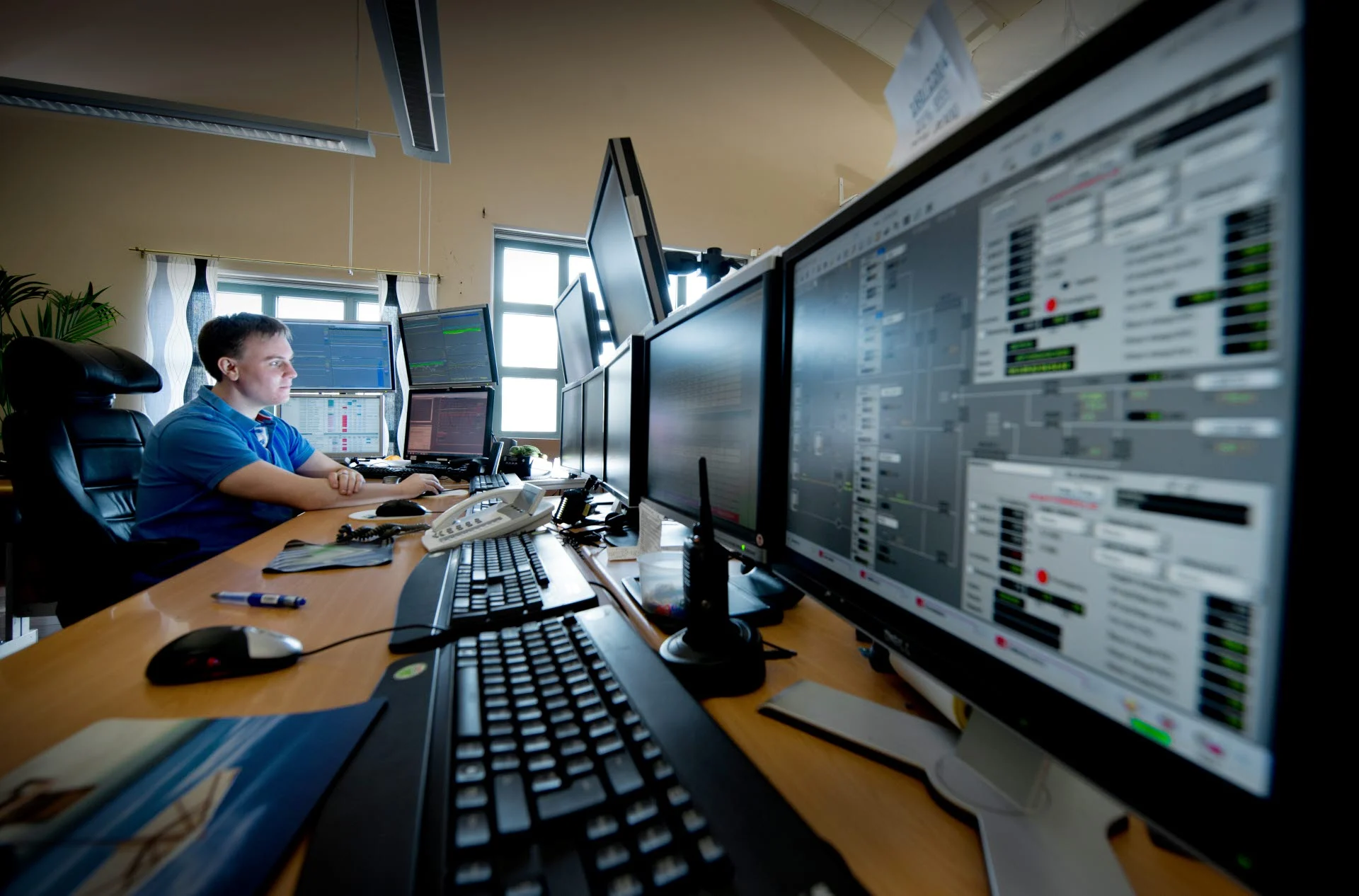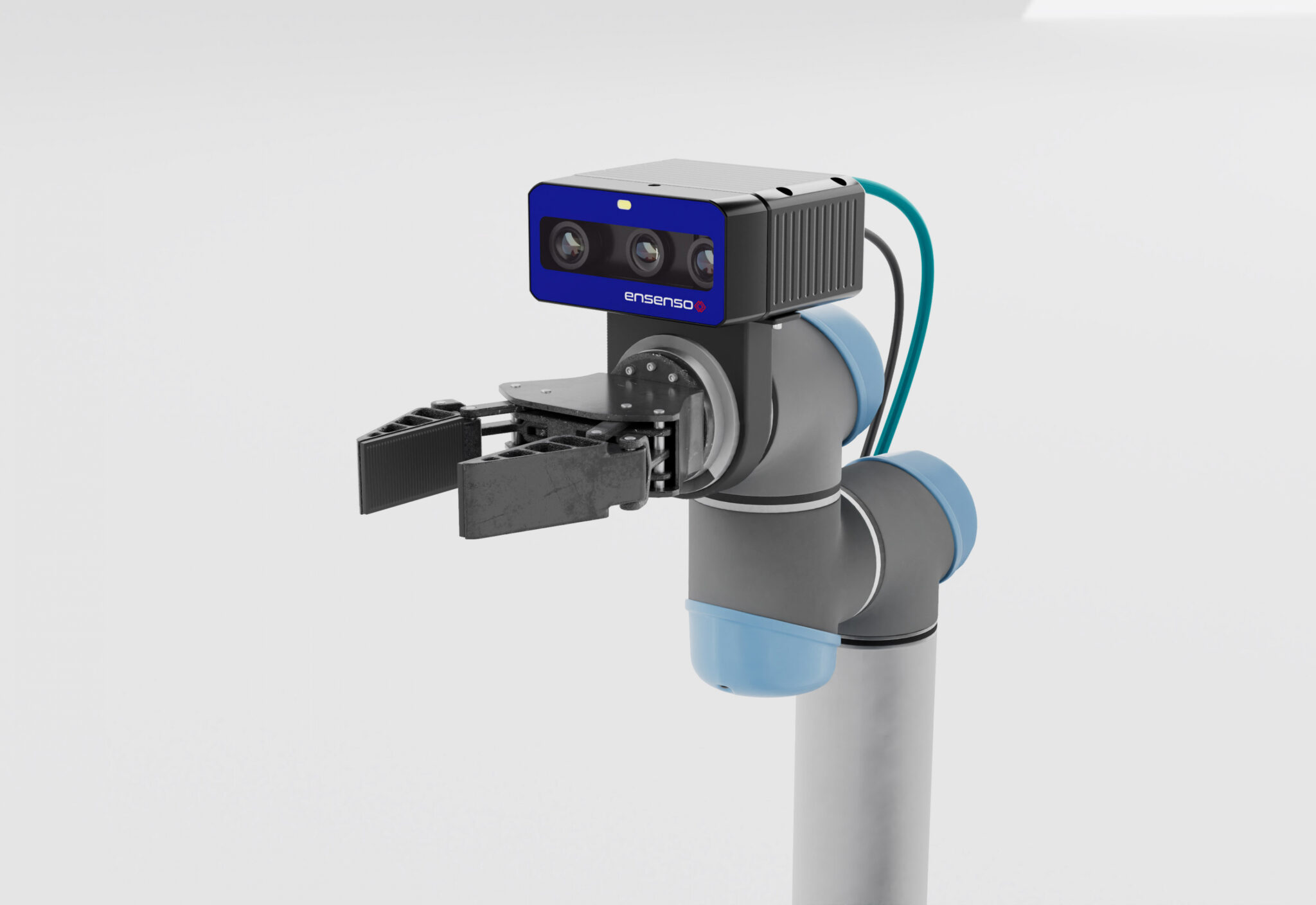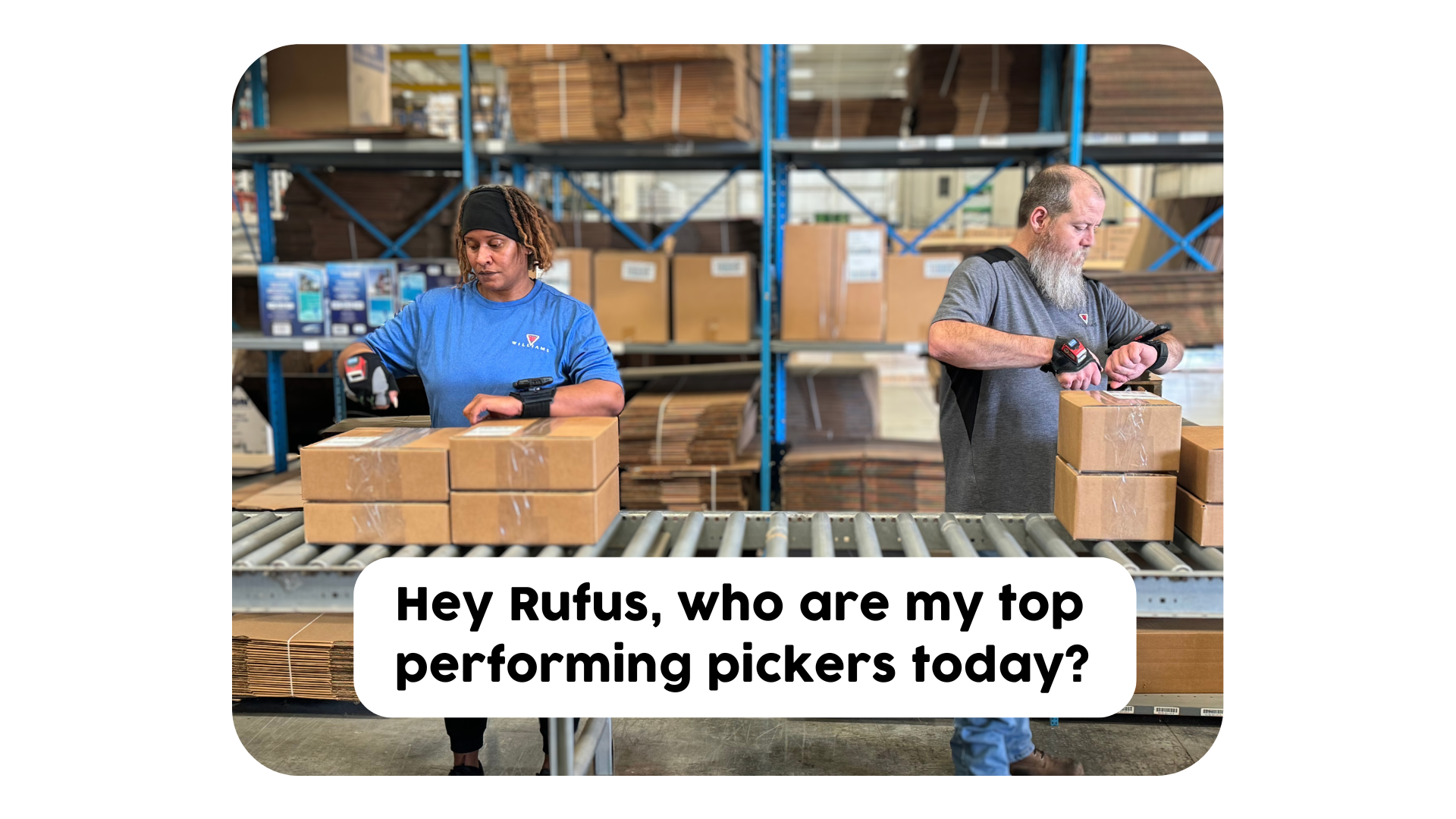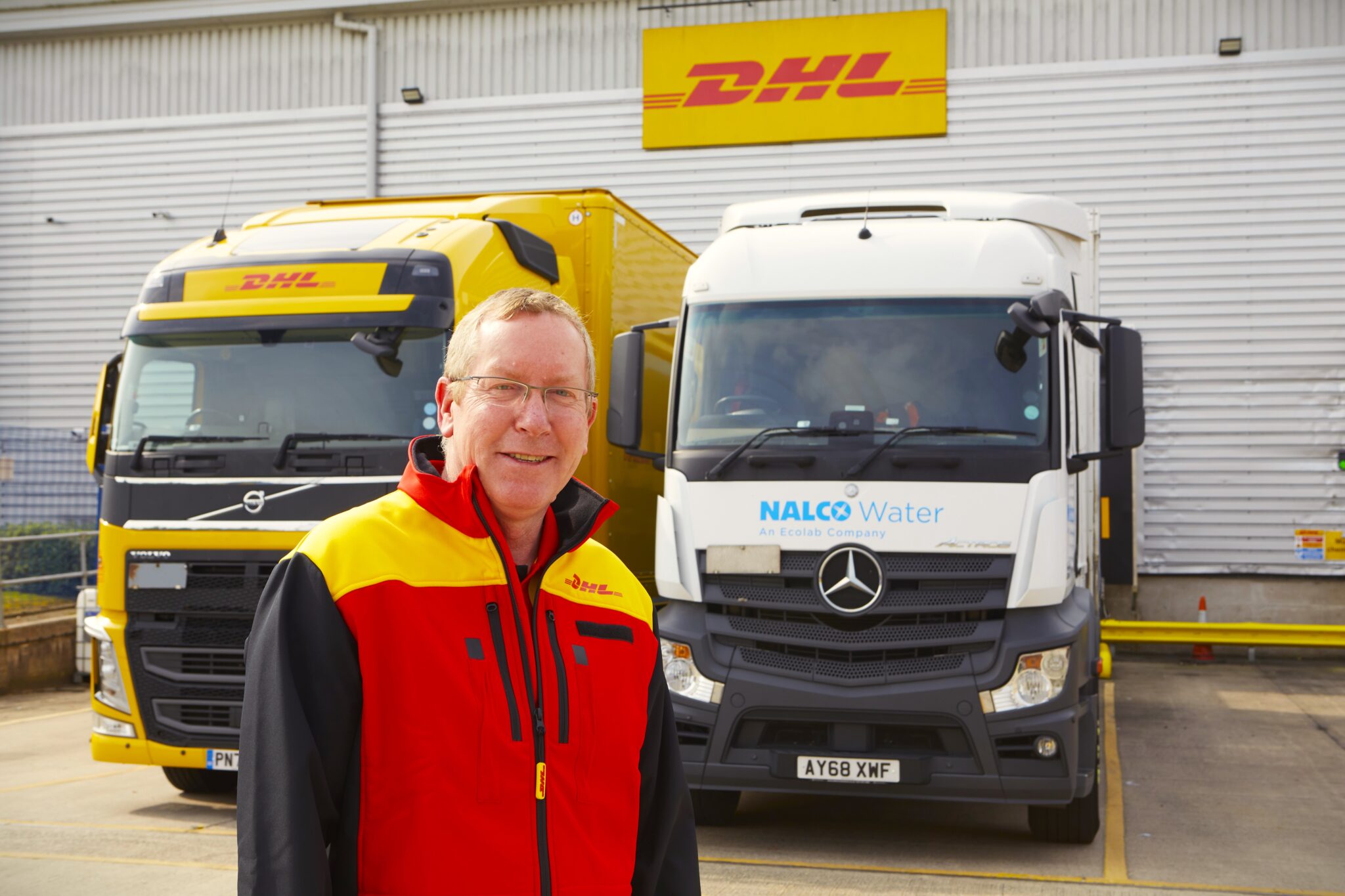The logistics sector is currently at a crossroads, induced by the global phase-out of 2G and 3G networks. Like any infrastructure upgrade, this transition requires careful planning and strategic adjustments – particularly for those managing lorry and truck fleets, writes Iain Davidson (pictured), Senior Product Manager at Wireless Logic.
Imagine a lorry driver crossing an international border, only to discover that the 2G network they depend on for navigation and tracking has suddenly gone dark. Without warning, they’re left without GPS, real-time updates or vehicle diagnostics. This scenario is not just a possibility but an increasing likelihood as 2G and 3G networks continue to be phased out worldwide. For those in charge of managing fleets in the haulage industry, addressing this issue promptly is not just advisable – it’s mission critical.
The phase-out of legacy networks is driven by the need to free up spectrum for more cost-efficient and higher potential 5G and LTE technologies. While newer networks promise faster, more reliable connections, the shutdown of 2G and 3G networks can significantly disrupt existing operations without adequate planning. For lorry and truck fleets, the implications are vast – not only affecting personal safety and the overall efficiency of operations.
The connectivity conundrum
As more countries announce various sunset deadlines, truck drivers may inadvertently cross into regions where older networks have already been decommissioned. This is because we have a natural tendency to focus solely on the deadlines in our home country.
The first step in addressing this challenge is to ensure you understand the network sunset plans as they are announced worldwide. It will be necessary to review the technology currently in use across the entire business and fleet. In particular, fleet managers must start with an inventory of their devices, identifying the cellular technologies in use, the cellular module vendor name and part number, their physical location and a priority rating. Then, an evaluation of the alternative connectivity options is advised.
It’s important to remember that this is not just a compliance exercise, but a significant enhancement of operational capabilities, like shifting from standard definition to high-definition in terms of data quality and communication speed.
Choosing the right alternative
The next generation of IoT products will use 4G, 5G and the latest LPWAN technologies to ensure they remain connected throughout their lifecycle.
LTE Cat-1 BIS is an established 4G/ Long-Term Evolution (LTE) service present in every network’s technology stack, across the globe. eSIM compatible and benefiting from well established roaming agreements to support global connectivity with a single SIM stock keeping unit (SKU). It offers an ideal balance of speed and power for applications that require mobile connectivity, such as real-time vehicle tracking and telematics.
LTE-M, an LPWAN technology designed to support long-battery life requirements in sensors and tracking devices, offers another potential option. Though not as widely available as Cat-1 BIS, it was designed with mobility in mind so is suitable for devices on the move and can support battery or solar-powered devices. The choice will depend on specific needs across the fleet – whether the priority is high mobility and data rate or low power consumption and broader coverage. This decision is crucial to keep fleets responsive and connected, regardless of geographic and network variability.
Strategic partnerships for a smooth transition
Successful navigation through this transition calls for more than just technological upgrades. For the best and least disruptive outcomes, it must involve strategic partnerships with experienced connectivity providers. This expertise can provide fleet managers with the intelligence to select the best-fit technology for seamless service continuity.
Standardising technology across the fleet to ensure compatibility with newer networks reduces the risk of disconnections and operational inconsistencies. Additionally, securing comprehensive roaming agreements ensures uninterrupted connectivity, critical for vehicles operating across different countries.
Training for drivers and operational staff on the new systems is a sometimes-overlooked step. A well-informed team can manage the new technology effectively, troubleshoot issues and maintain operational standards. This should be as thorough as the technical upgrade itself, ensuring that all team members are competent and confident in using the new systems.
No time for complacency
The window to act is narrowing. Fleet managers need to move quickly to avoid unnecessary scrambles and the damaging consequence of unpreparedness. The logistics of implementing new technology across potentially vast fleets should not be underestimated.
It’s true that the network shutdowns present an inconvenient challenge for the logistics sector, but we must also see the pivotal opportunity to advance fleet operations significantly and even build stronger security into systems as a result. This transition is not just about keeping pace with technological evolution – with the right approach, it can lead to a more efficient and resilient next generation of fleet operations.
similar news
Complete Connectivity Within Reach for Logistics Industry, says IoT Provider













